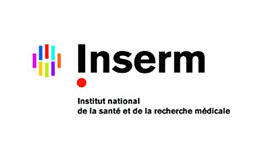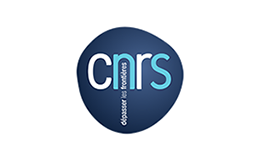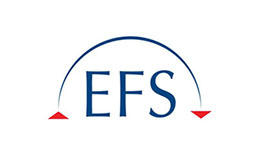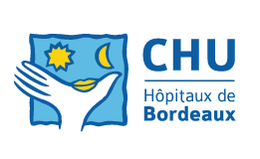15 Mars – Conférence : Prof. Neil Ayres Ph. D. The University of Cincinnati, Department of Chemistry, Cincinnati OH USA
14 h Bibliothèque de l'U1026, bât 4A, 2è étage, Zone nord Site de Carreire
Dynamic hydrogels control in vitro fibroblast activation
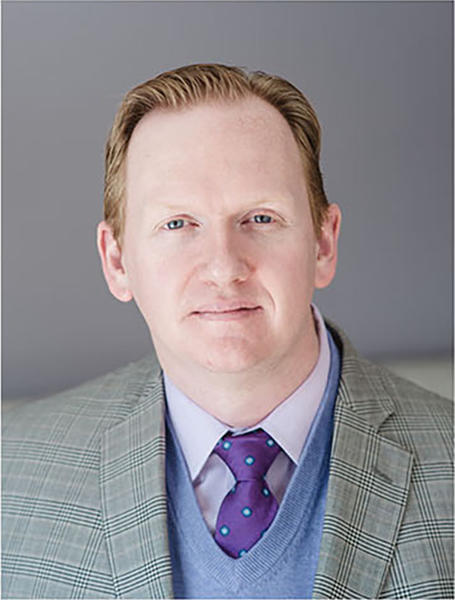
Hydrogels that are able to undergo dynamic changes in moduli in response to external stimuli are being used to study the progression of cellular events with time that are relevant to many diseases affecting human health. One specific area where these changes have been investigated is in fibrosis, which is part of the body’s response to injury though scar formation, for example after cardiac infarction in a heart attack. We have prepared a new set of gelatin-based hydrogels that are able to stiffen or soften after synthesis through simple chemical modifications using macromolecular crosslinkers that afford additional disulfide crosslinks. Furthermore, we have demonstrated that these hydrogels can support primary fibroblast culture in vitro, and that the fibroblasts display markedly different activation behavior depending upon the initial stiffness of the hydrogels.
Dr. Neil Ayres received his Ph. D. training under Prof. David Haddleton at The University of Warwick, where his thesis was focused on surface-initiated atom transfer radical polymerization. After graduating in 2003 he worked as a post-doc for Prof. Charles McCormick at the University of Southern Mississippi, Prof. William Brittain at the University of Akron, and Prof. David Grainger at the University of Utah. He became an Assistant Professor in the Department of Chemistry at The University of Cincinnati in 2008, and was promoted to Associate Professor with Tenure in 2014. His research group is focused on preparing new heparin-inspired biomaterials using polyureas and polyurethanes and developing dynamically-responsive hydrogels for in vitro cell studies. He was included in the 2017 “Pioneering Investigators” special issue of the RSC journal Polymer Chemistry.

